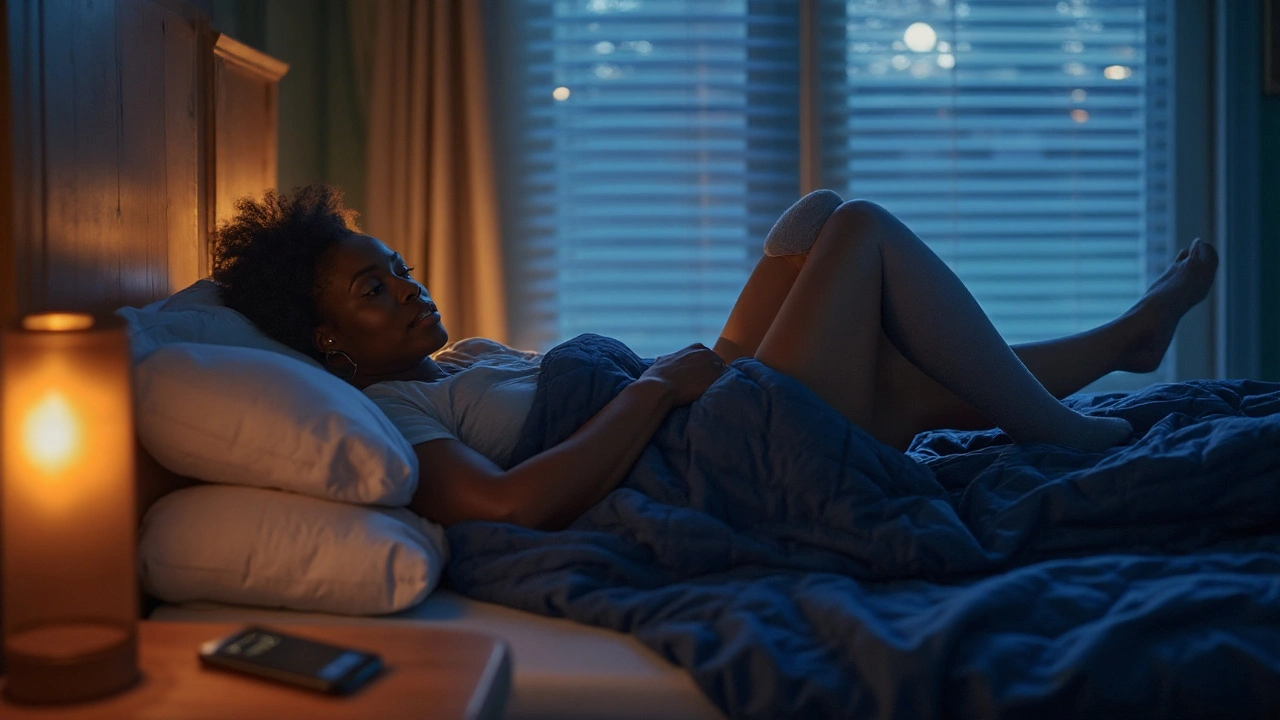Leg swelling at night – why it happens and what to do
Waking up with puffy legs can feel odd and uncomfortable. You’re not alone – many people notice swelling after a long day of standing, sitting, or just relaxing. The good news is that most nighttime leg swelling isn’t serious and can be handled at home. Let’s break down the usual culprits and give you clear steps to feel better.
Common reasons for swollen legs at night
First, think about what your body was doing before bedtime. Standing for hours at work, a long flight, or even an intense gym session pushes fluid down into the lower legs. Gravity makes it settle there, and when you lie down, the fluid can spread, making the swelling more noticeable.
Another frequent cause is a low protein diet or dehydration. Your body needs enough protein and water to keep fluid in the bloodstream where it belongs. Without it, fluid leaks into surrounding tissues, especially in the legs.
Medications can also play a role. Some blood pressure pills, steroids, and antidepressants list “edema” as a side effect. If you’ve started a new prescription recently, check the label or ask your pharmacist.
Health conditions like chronic venous insufficiency, heart failure, kidney problems, or arthritis can cause persistent night‑time swelling. In these cases, the swelling is usually accompanied by other signs such as shortness of breath, weight gain, or pain.
How to manage and when to call a doctor
For most everyday swelling, simple lifestyle tweaks work wonders. Elevate your legs above heart level for 15‑20 minutes before bed. A pillow or a sturdy footstool does the trick. Compression socks can also keep fluid from pooling, especially if you’re on your feet a lot.
Stay active during the day. Short walks, calf raises, and ankle circles help pump blood back up toward the heart. If you sit a lot, stand up and stretch every hour.
Hydration matters. Drinking enough water (about 8 glasses a day) and eating protein‑rich foods like beans, nuts, or lean meat supports fluid balance. Limit salty snacks, because sodium makes your body hold onto extra water.
If you notice sudden, severe swelling, pain, redness, or warmth, treat it as an emergency. Those symptoms could point to a blood clot or infection, and you’ll need medical help right away.
Finally, schedule a doctor’s visit if swelling persists for more than a few days, worsens over time, or comes with other concerning signs like shortness of breath, chest pain, or unexplained weight gain. Your clinician can run simple tests to rule out heart, kidney, or venous issues and adjust any medications that might be contributing.
Bottom line: most nighttime leg swelling is manageable with a few home habits. Keep an eye on patterns, stay active, and don’t ignore warning signs. With the right steps, you’ll be able to rest easy and keep your legs feeling light.
Edema and Sleep: Why Swelling Disrupts Rest and How to Fix It
Swollen legs keeping you up? Learn what causes night-time swelling, how it hurts sleep, and the fixes: positions, routines, compression, med timing, and red flags.
